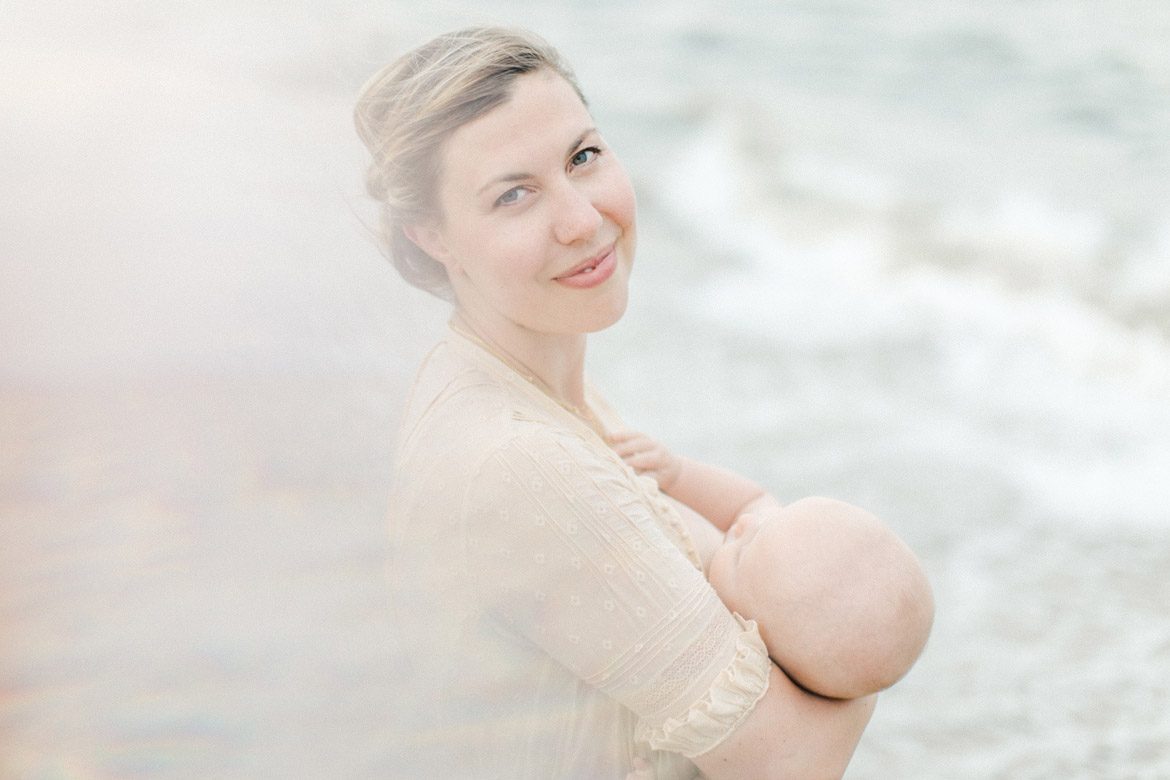By Amy Brown, Swansea University
We know breastfeeding protects infant and maternal health, saves the economy money, and, once it’s going smoothly, can be simpler, easier and cheaper than having to prepare formula. But getting to a place where it feels “smooth and easier” can be tough. Although many women start off breastfeeding many drop off from doing it after six weeks. Unfortunately the vast majority of women who do stop are not ready to do so, leaving them feeling demoralised, feeling guilty, and even at an increased risk of postnatal depression.
But if so many women are struggling, does that mean it’s impossible for many women to breastfeed? Not at all. Globally, many women breastfeed just fine. This isn’t down to some strange biological quirk, but rather, due to living in a country with much better investment in supporting breastfeeding and families more broadly. Although some women will have health complications that mean they may not be able to breastfeed, the majority, given the right environment, will be able to do so.
My research over the past decade shows that unfortunately, in many Western countries, we haven’t got that environment right yet. Many women get poor or mixed messages about how to feed, struggle to find practical support, or don’t get the help they need at home, in public or the workplace. In many cases, better support, information and protection to care for their baby could have made the difference.
As a mother I know that finding this information when you are exhausted, sleep deprived and are unsure who to trust can make things feel impossible. And in The Positive Breastfeeding Book I took this experience together with my research to help more families access the evidence base on what is normal, how to spot difficulties, and where to get high quality support.
So here are ten common concerns and why the research shows they do not need to mean the end of breastfeeding.
1. I’m in pain
Breastfeeding should not hurt. Unfortunately, many women do experience pain, but the good news is this can usually be fixed. Ask your health professional to take a look at your baby’s latch. Just a few small changes in how you position them or yourself can really help. Latching is a skill you and your baby learn together and can take practice. This factsheet from La Leche League has great visual advice.
If you are still in pain, particularly if your baby is struggling to latch on, ask your health professional to check whether your baby has a tongue tie. Sometimes a baby’s tongue is tethered too tightly in their mouth, meaning they struggle to latch, causing you pain. This can be fixed by a specialist.
If you are still in pain, do not hesitate to seek further support. Go along to a peer support group, contact a breastfeeding counsellor, or speak to a lactation consultant – a specialist in supporting breastfeeding.
2. I’ve got an infection
Sometimes an infection can develop in your nipple or breast. If you notice any itching or pain in your nipples, or white patches in your baby’s mouth, you might have thrush. If you have pain deep in your breasts and can feel a hot red patch on your breast, you might have a blocked duct or mastitis. You may feel awful, but the good news is that there are treatments and pain relief options – and you can continue breastfeeding. In fact, the best thing you can do with a blocked duct or mastitis is to continue breastfeeding to help unblock it. This might feel like the last thing you want to do, but it helps speed up your recovery and prevent any infection becoming worse.
3. I need to take a medication
It’s a myth that you can’t take medications when breastfeeding. Always read the label, but most are compatible, as they do not enter your milk or only do so in very small amounts. Sometimes a different medication is better. If you have any questions about the safety of any medication, or are told you cannot breastfeed and take it, you can contact the Breastfeeding Network’s drugs in breast milk service. They have many factsheets about specific medications and you can contact a trained and very knowledgeable pharmacist for the most up to date information on whether your medication is safe to take. If in any doubt, contact them.
4. My diet isn’t perfect
More good news – your diet has little impact on the content of your breast milk. However, your body will use any nutrient and energy stores you have first, which can leave you feeling depleted if you are not eating enough. Breastfeeding can make you feel hungry, as it burns calories, but try and eat as healthily as possible, for your sake.
5. My lifestyle isn’t the healthiest
It’s fine to occasionally have a few drinks when breastfeeding, despite a propensity towards over caution in official advice. Alcohol does pass into your breast milk but in very small amounts. Levels in your milk are the same as in your blood. Research suggests that a blood alcohol level of 0.3% is needed before harm occurs to the baby – a level at which you would be extremely intoxicated. For context, the legal blood alcohol limit to drive is 0.08% in England, Wales and Northern Ireland (and 0.05% in Scotland). Note the decimal places.
Alcohol passes out of your milk at the same rate as your blood so there is no sense in expressing milk to get “rid” of the alcohol in it. The main reason not to drink too much is to ensure you can care for your baby safely. Never bedshare with your baby if you have been drinking alcohol.
If you smoke, breastfeeding can help protect your baby from effects of secondhand smoke as your baby is less likely to get a respiratory infection than if you formula feed. However, smoking can affect your ability to produce enough milk, and nicotine does transfer to breast milk with an increased risk your baby may have colic or be unsettled. It is recommended you seek support to stop smoking as secondhand smoke can also increase your baby’s risk of illness.











